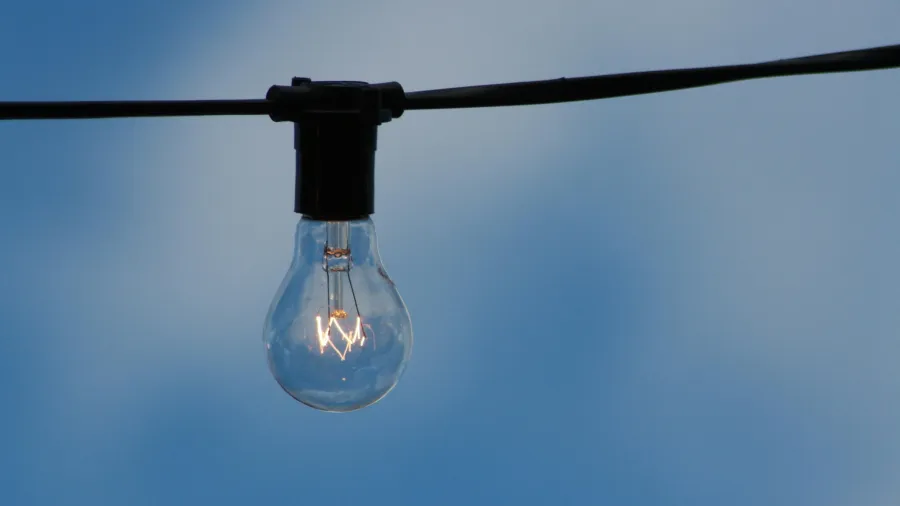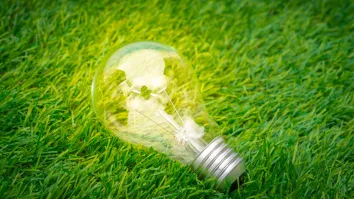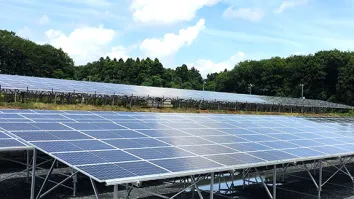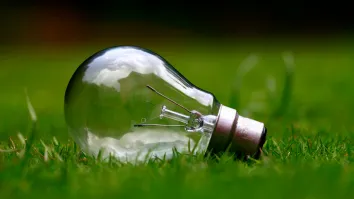
Global energy efficiency progress slows to 1% in 2024
This lags behind the average 2% improvement rate seen between 2010 and 2019.
The global primary energy intensity, a key measure of energy efficiency, is set to improve by just 1% in 2024, mirroring last year’s rate, according to International Energy Agency (IEA)’s Energy Efficiency 2024 report,
This pace lags behind the average 2% improvement rate seen between 2010 and 2019. This also falls short of the global target set last year at COP28, where nearly 200 countries committed to doubling progress to a 4% annual improvement by 2030.
The report noted that improving energy efficiency—extracting more value from the same energy input—is essential for economic, environmental, and social gains.
Efficient buildings, vehicles, and industrial processes are key to the clean energy transition, driving down emissions, reducing costs, and enhancing energy security, it said.
This year, major economies have updated policies to improve efficiency. The European Union aims for zero-emission buildings by 2050; China raised appliance standards and efficiency targets; the U.S. toughened fuel economy standards for heavy-duty vehicles; and Kenya implemented mandatory energy-efficient building codes.
Yet, the IEA warned that policy adoption must accelerate globally to meet 2030 climate goals.
“Energy efficiency is a key pillar of secure, affordable and inclusive energy transitions,” said IEA Executive Director Fatih Birol. “The IEA is working closer than ever with governments around the world to ensure that it remains a top policy priority.”
“Fortunately, the policies and technologies to accelerate efficiency progress are readily available today, and many governments are taking important steps forward,” she continued.
To track progress, the IEA launched an Energy Efficiency Progress Tracker, offering real-time regional data on energy intensity, demand, and electrification.
The tool, along with the IEA’s annual policy toolkits, aims to help governments take faster action.
Investment in energy efficiency has also reached new highs, with spending on efficient technologies growing 4% in 2024 to a record $660b.
Moreover, the report said that efficient technologies can save money long-term: for example, best-in-class air conditioners reduce total costs by up to 40%.

















 Advertise
Advertise







